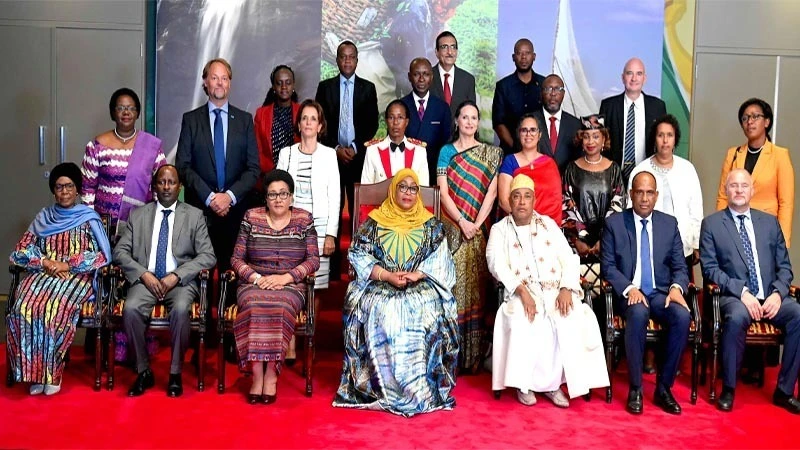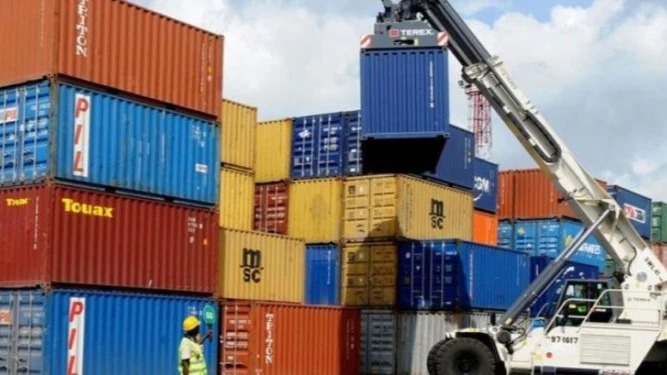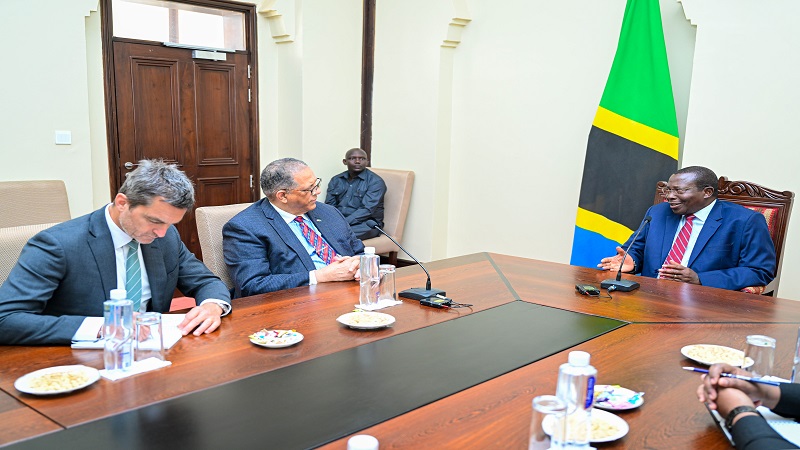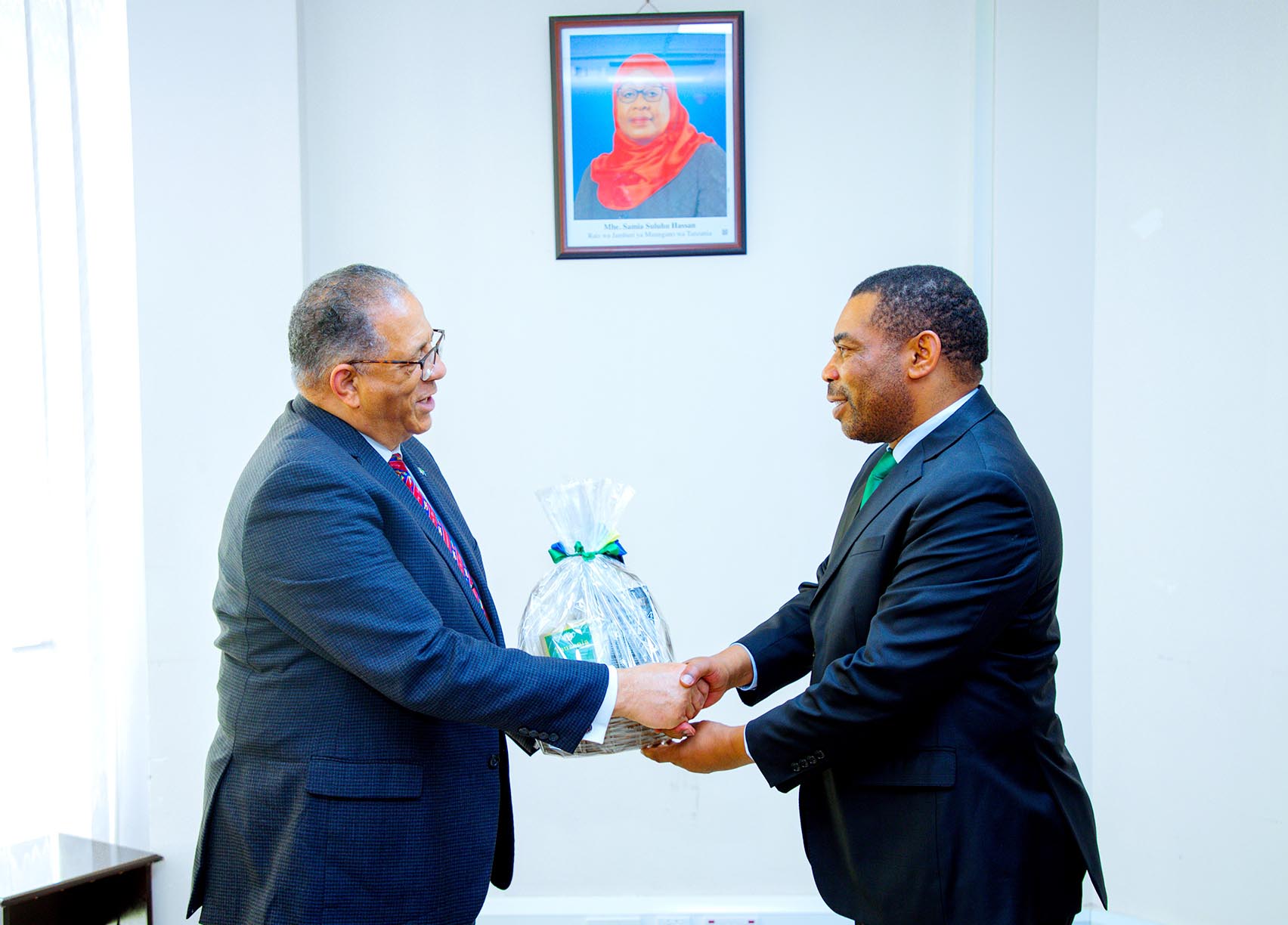NFRA to adopt digital system to streamline grain purchases
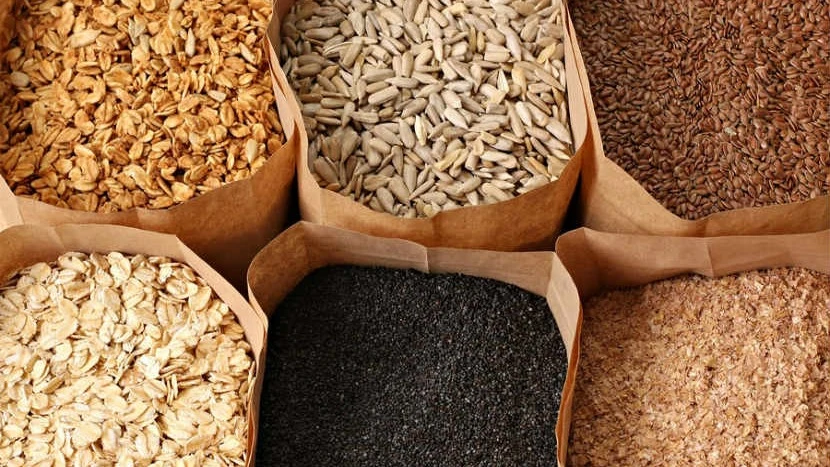
THE National Food Reserve Agency (NFRA) is set to come up with a new digital system to enhance its grain purchase points in the country.
This system, according to NFRA Director General Dr Andrew Komba, was geared towards streamlining the agency’s purchase of grains from farmers and agribusiness people.
“The new system will facilitate the rapid and efficient transmission of seller information to the relevant departments, thereby simplifying the payment process,” he said, stressing the significance of the digital system.
Speaking to journalists in Dodoma, Dr Komba stated that the new system would improve efficiency by quickly sending seller information to the regional managers and his office for prompt execution and payment authorization.
“This is essentially the new system we intend to use to provide faster and more efficient services at our service centres,” Dr. Komba emphasized.
Currently, NFRA operates 72 purchasing points across eight regions—Dodoma, Dar es Salaam (Kipawa), Njombe (Makambako), Songwe, Rukwa (Sumbawanga), Arusha (Babati), Shinyanga and Songea.
Dr. Komba further noted that the agency was also planning to increase the number of purchasing points in a deliberate effort to provide better and more efficient services to farmers or clients.
“Our current goal is to have around 100 purchasing points countrywide and expand ourselves as much as possible to meet the growing demand for our services,” the NFRA boss explained.
Expounding further, Dr Komba said that NFRA follows a three-tier purchasing system. The first tier involves buying produce from small-scale farmers who bring their maize, rice, or millet to the regional points.
“The produce is inspected for quality, and sellers are paid within 5 to 14 days as per government procedures,” he said.
The second tier involves purchasing grain in quantities of 2,000 tonnes or more from large-scale traders, while the third tier includes buying from cooperative societies where farmers aggregate their produce.
Regarding grain prices, Dr Komba said that the government was considering farmers’ welfare as it frequently set price guidelines to ensure they benefit from their work.
He cited an example of a recent directive by President Samia Suluhu Hassan to announce a price guideline of 700/- per kilogram of maize and 800/- per kilogram of rice for NFRA to comply.
Top Headlines
© 2025 IPPMEDIA.COM. ALL RIGHTS RESERVED












